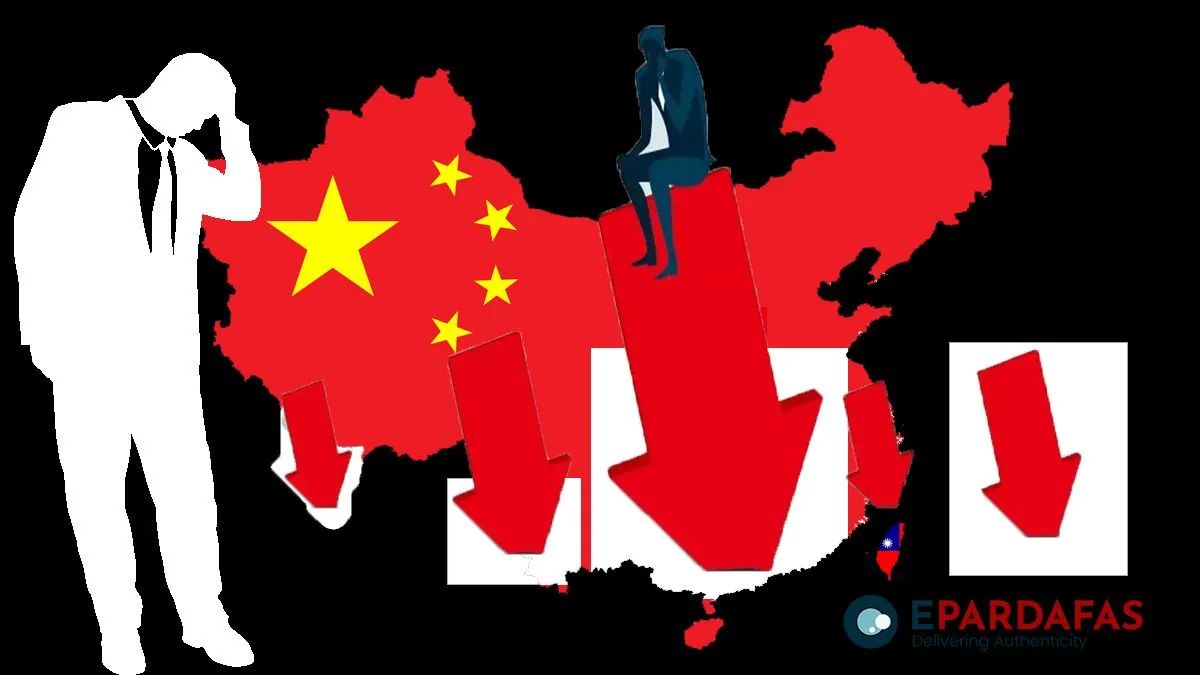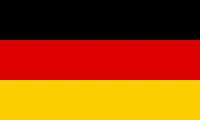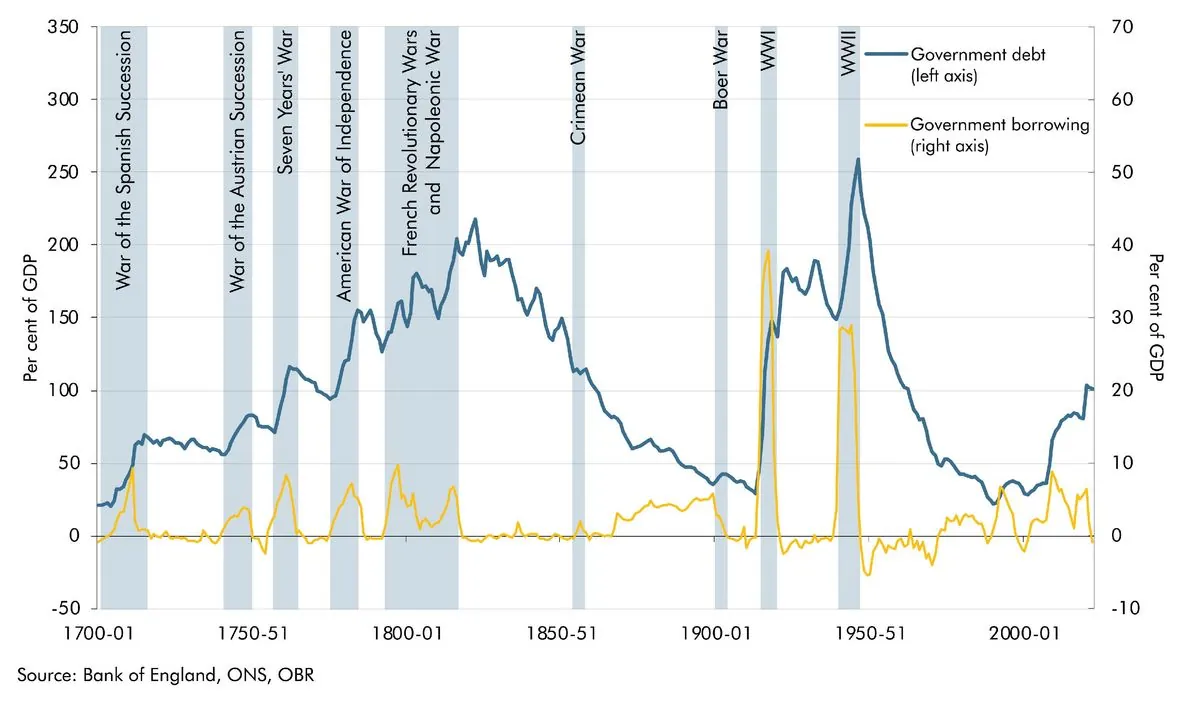China's Economic Crossroads: Calls for Massive Stimulus Amid Deflation Fears
China faces mounting pressure for large-scale economic intervention as deflation and banking sector issues persist. Experts debate between aggressive stimulus and Austrian-inspired austerity, with global implications at stake.

China's economy stands at a critical juncture, with experts urging substantial fiscal intervention to combat deflation and revitalize growth. The recent economic forum in Hong Kong echoed with calls for a stimulus package of up to $1.4 trillion, equivalent to 8-10% of GDP, to address the nation's economic woes.
Liu Shijin, a former central bank official, advocated for special bonds to boost social spending and convert unsold properties into homes for migrant workers. This proposal aims to tackle the challenges posed by China's Hukou system, which has left 180 million migrant workers in a precarious position.
The People's Bank of China (PBOC) has implemented measures to inject liquidity into the banking system, including a 50-point cut in the reserve requirement ratio. However, economists argue that these steps fall short of the "bazooka" needed to lift China from its deflationary spiral.
Raymond Yeung of ANZ bank expressed skepticism about the effectiveness of the current package, stating:
"We question whether today's package can lift China from the deflationary spiral. Massive easing and a complete change in mindset is required."
The GDP deflator has remained negative for five consecutive quarters, indicating persistent deflationary pressures. Some analysts predict a potential contraction in nominal GDP by early 2025, although official figures may obscure this reality.
China's banking sector faces significant challenges, with stress tests revealing vulnerabilities in over half of the country's 4,000 mid-sized and small banks. The property market crash has exacerbated these issues, with Centaline's price index for Tier 1 cities showing a 28% decline over three years.

Xi Jinping's economic strategy, which emphasizes industrial investment over consumption, has drawn criticism. His approach, reaffirmed at the Third Plenum in July 2024, relies heavily on exports and achieving dominance in clean technology sectors. However, this strategy faces potential resistance from global trading partners concerned about China's growing manufacturing capacity and trade imbalances.
Interestingly, some Chinese policymakers have embraced the ideas of Austrian economist Friedrich Hayek, advocating for market-driven corrections rather than government intervention. This ideological stance aligns with Xi Jinping's views on social discipline and his aversion to "welfarism."
Despite these challenges, the possibility of a policy shift remains. Just as China abruptly abandoned its "dynamic zero Covid" policy, Xi Jinping may yet opt for a more aggressive stimulus approach akin to Roosevelt's New Deal. Such a change could have far-reaching implications for the global economy and financial markets.
As China grapples with these economic dilemmas, the world watches closely. The decisions made in Beijing over the coming months could reshape the global economic landscape and potentially ignite asset markets worldwide.


































